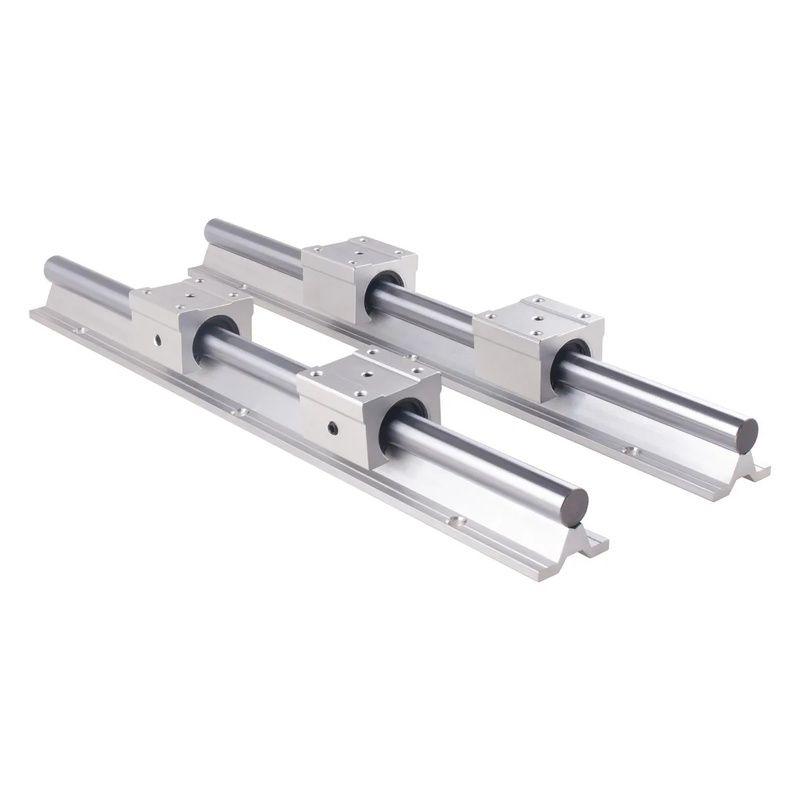The Metra West Line: An Economic Corridor and the Critical Plan for Its Future Expansion

The Metra West Line does far more than move people; it moves the economy. As a critical piece of northeastern Illinois's infrastructure, it shapes development, boosts property values, and connects a massive workforce to job centers in Chicago and along its own corridor. However, its future growth is currently defined by both its potential and a pivotal, long-awaited project: the extension to DeKalb and the promise of new, modern trainsets.
The Economic Impact: Building Communities Around the Rails
The influence of the West Line on its surrounding communities is profound and well-documented. It serves as a classic example of Transit-Oriented Development (TOD).
-
Property Values: Proximity to a Metra station is a significant premium for both residential and commercial properties. Homes near stations often sell faster and for higher prices due to the desirable "walk and ride" lifestyle.
-
Commercial Development: Stations act as hubs for economic activity. Downtowns like Geneva, Wheaton, and Glen Ellyn thrive because the train station brings a steady stream of commuters, tourists, and residents to their local businesses, restaurants, and shops. The reliable foot traffic supports a vibrant local economy that would be difficult to sustain otherwise.
-
Labor Mobility: The line enables a fluid exchange of labor. It allows companies in Chicago to tap into a skilled workforce living in the affordable suburbs and, conversely, brings city residents to jobs in the suburbs. This connectivity is essential for the regional economy's health.
The Horizon: The West Line Extension to DeKalb (and Beyond)
For decades, leaders and residents in DeKalb, Sycamore, and Northern Illinois University (NIU) have envisioned a direct rail connection to Chicago. The project, known as the Union Pacific West Line Extension, aims to extend the current terminus in Elburn approximately 13 miles to DeKalb.
-
The Benefits: This extension would be a game-changer. It would provide:
-
Enhanced Access for Students: A direct link for NIU's large student population to internships, jobs, and cultural events in Chicago.
-
Economic Development for DeKalb: Unlocking new potential for TOD and attracting businesses.
-
Reduced Traffic Congestion: Offering a reliable alternative to the often-congested I-88 corridor.
-
Regional Connectivity: Integrating DeKalb County more fully into the Chicagoland economic region.
-
-
The Challenges: The project faces significant hurdles, primarily funding. The costs for new tracks, stations, bridges, and rolling stock run into the hundreds of millions of dollars. Acquiring this funding from state and federal sources is a complex and competitive process.
Modernization: The New Fleet on the Horizon
Apart from the extension, the future of the West Line is also tied to modernization. Metra has embarked on an ambitious plan to replace its aging fleet with new, cleaner, and more efficient diesel trainsets. These new trains promise:
-
Improved Reliability: Reducing breakdowns and service delays.
-
Enhanced Passenger Comfort: Modern amenities, better seating, and improved climate control.
-
Better Accessibility: Easier boarding for passengers with disabilities.
-
Environmental Benefits: Newer engines are significantly cleaner and more fuel-efficient.
Conclusion: Investing in a Connected Future
The Metra West Line is not a static entity; it is a dynamic infrastructure asset that requires vision and investment. Its current role as an economic engine is undeniable, but its future potential is even greater. The successful extension to DeKalb and the modernization of its fleet would solidify its place as a critical transportation corridor for the 21st century, ensuring it continues to drive growth, connect communities, and provide a sustainable travel option for generations to come. Supporting these projects is an investment in the region's long-term prosperity.
- Art
- Causes
- Crafts
- Dance
- Drinks
- Film
- Fitness
- Food
- Jocuri
- Gardening
- Health
- Home
- Literature
- Music
- Networking
- Alte
- Party
- Religion
- Shopping
- Sports
- Theater
- Wellness



